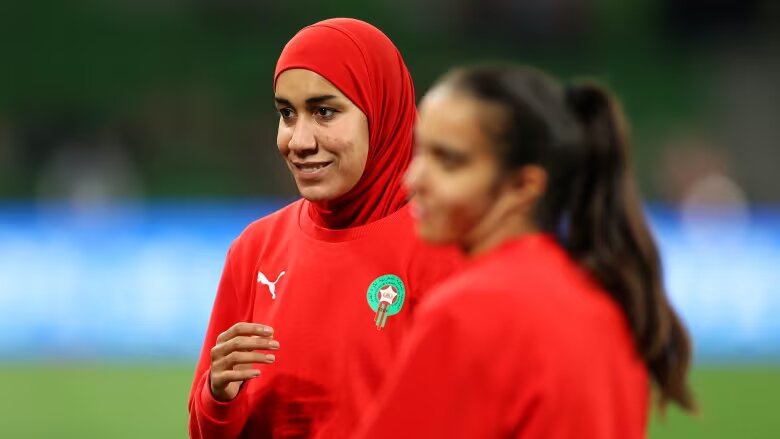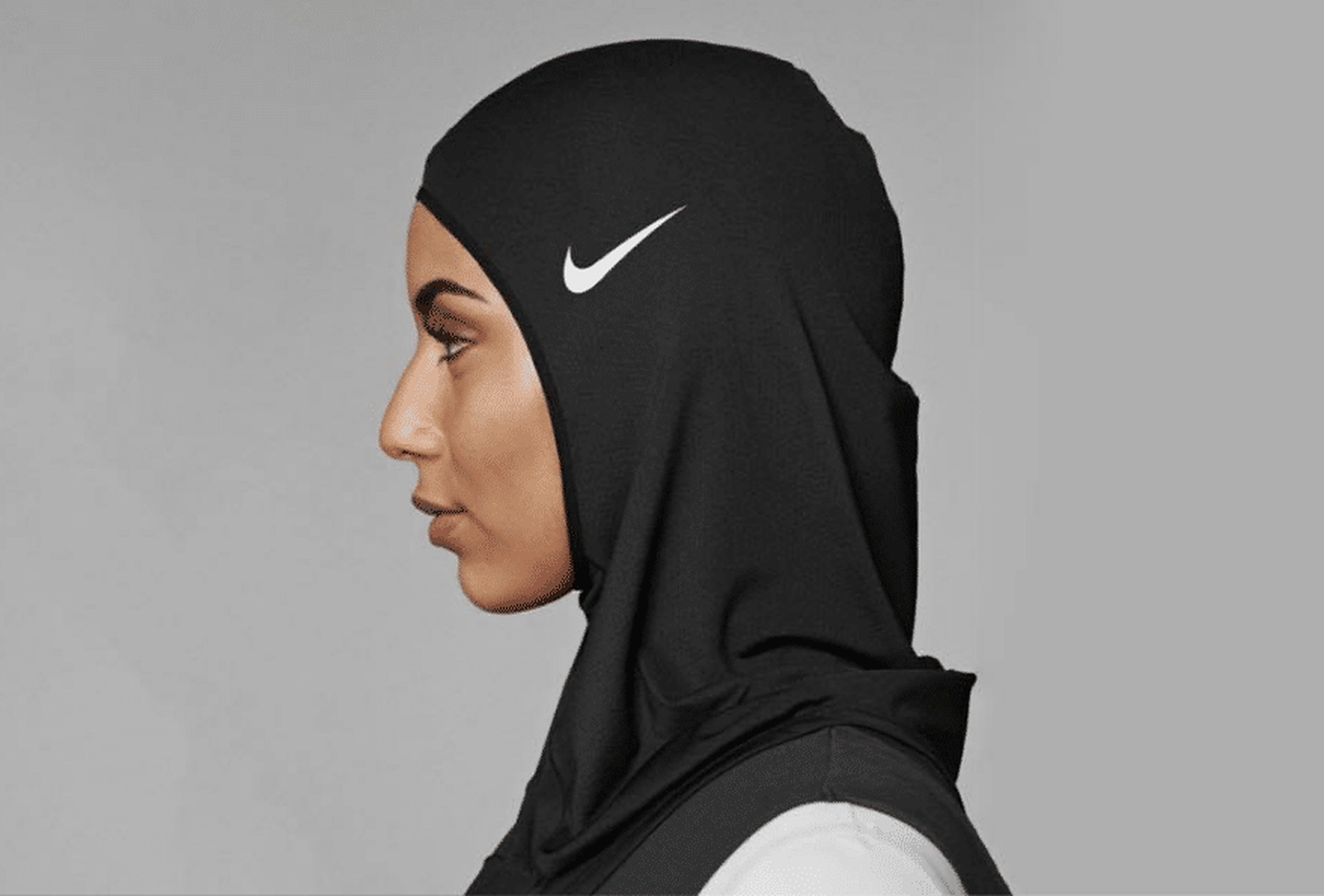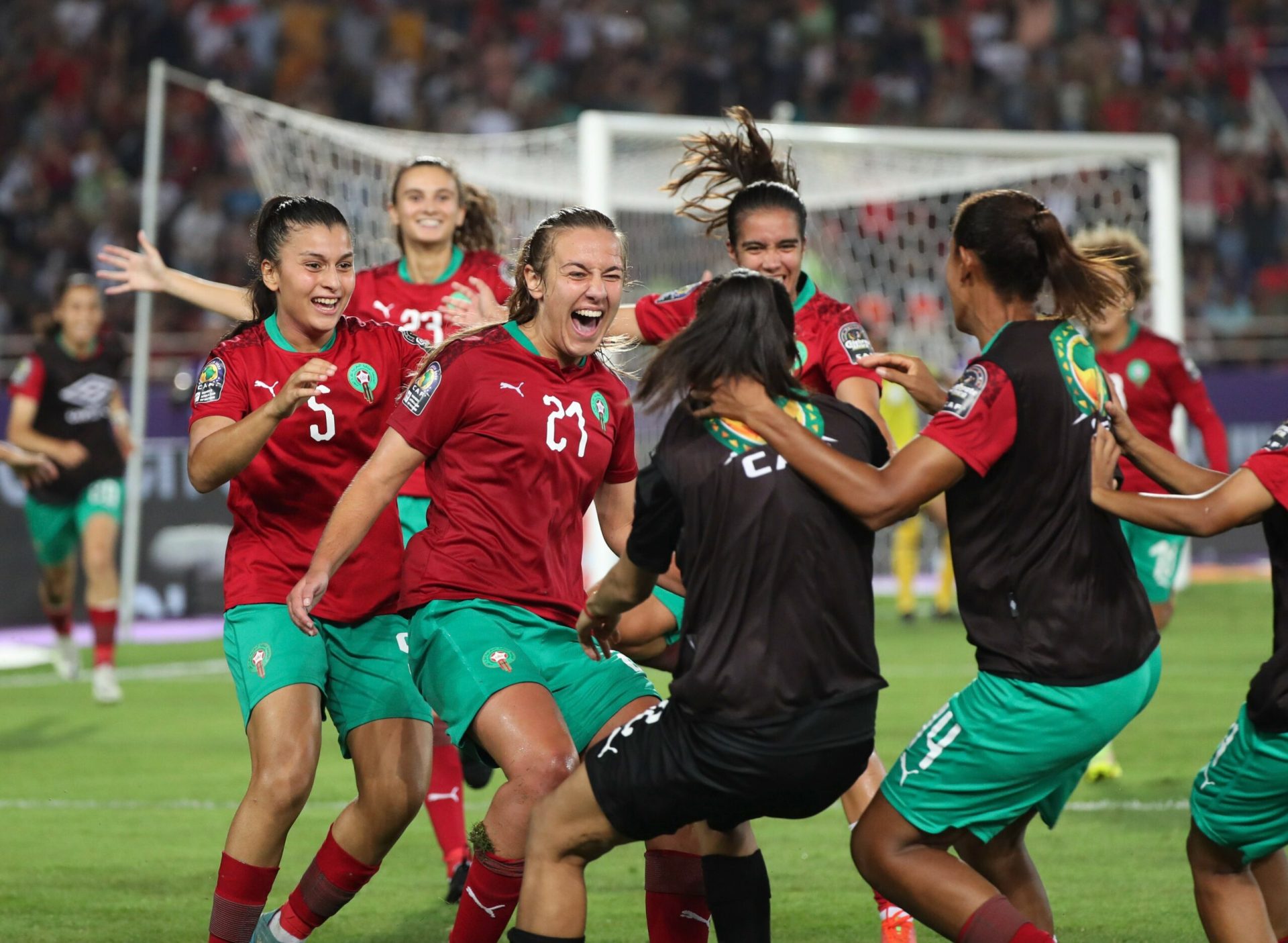When anyone thinks of a winner, or a ‘winning’ football team, they think of one thing only: the number one spot.
The equation is fairly simple. The team that wins the final match, wins the number one spot. The team that loses, however, is either forgotten entirely or simply seen as the team that did not play well enough.
But for this FIFA Women’s World Cup, the real winner is a whole other story. This story is one of inspiration, of hard work, and most importantly, of defending women’s diversity.
Winning in sport is being redefined because the story of women in sports, and the way they are obliterating the West’s athletic ideals, is being redefined.
To achieve that number one spot is to capture the true message of sports and what it can teach us about being human: to feel a sense of belonging, to feel the thrills of teamwork and team passion, and most importantly, to play and collaborate with anyone – regardless of who they are and where they are from.
For this Women’s World Cup, the winner is the one that, at heart, fosters social belonging rather than hostility.
Why is it so Hard to Believe that Muslim Women Can Play?

It is one thing to play, and it is another thing to play while fighting discrimination, social hostility and intolerance. This year, in a first for a North African or Arab country, Morocco’s historic feat at Women’s World Cup following a 1-0 victory over Colombia not only ignited national pride, but it also made global headlines for “decolonizing football”.
One key player stood out, and her name is Nouhaila Benzina. Benzina made history by becoming the first player to wear a hijab at a World Cup — in a world where the hijab faces bans and discrimination, particularly in Europe, and where women who wear it are deprived of their autonomy and are judged as oppressed.
While a football match alone cannot end all social hostilities and discrimination, the very fact that it is only a football match reveals the exaggerated beliefs that many can have around Muslim and Arab women. They can shoot, score, and run even while wearing a headscarf, but why was that so hard to believe anyway?
The idea that Muslim women need to be liberated, or that the sole oppressor of women is tradition and traditional ways of living or dressing, is not only an overly simplistic definition of what tradition can mean to people, but can also dangerously neglect the other sources of oppression that can also exist in modern life.
The Western Gaze

This is not just about whether Muslim women can participate in sport or not, but it is about the challenges of Muslim women being constantly pressured to have to prove their humanness, their competence, and their autonomy to the ‘Western gaze’. Everything they do, and everything that happens to them, gets turned into an advertisement or a performance for Western eyes to watch and analyze.
When sportswear giant Nike launched the Nike Pro Hijab Spring 2018 marketing campaign, it revealed the extent global corporations have to go to convince global audiences that Muslim bodies and clothing are “safe” and “moderate”.
It was not just a marketing campaign to reconstruct Western athletic ideals, but it was also an example of the characterization of Muslim women in the Western imaginary, and the obligation of Muslims to display their “moderacy” by commodifying themselves in flashy advertisements.
But Muslim women do not need to prove anything to anyone. They don’t need to constantly appear on magazine covers nor billboards wearing the “hijab” just so that Western audiences can feel assured that they are not, in fact, “terrorists”. They’ve already been dealing with their own challenges with patriarchy for centuries, and have independently spearheaded feminist movements in several Muslim-majority countries over the years.
From basketball player Bilqis Abdul-Qaadir, who led and won a four year-battle against the International Basketball Federation (FIBA)’s rule that banned headscarves, to Saudi sprinter Yasmeen Al-Dabbagh, and Egyptian triathlete Khadija Hegazy, women wearing the hijab have always been achieving milestones and dreams without having to prove anything to the world. These are their achievements, their dreams, and their own independent careers.
Humanity: The Real Reward in Sports
The historic win by Morocco’s women football team is a reminder that the path to success for women does not have to be on a catwalk or a billboard advertisement, but it requires huge amounts of hard work, teamwork, and further investment in women’s sports.
We need more football clubs and academies for women, more female coaches, and more funding and sponsorship for women athletes. Overall, we need tangible resources and services that can genuinely support more Muslim women athletes.
Morocco’s women’s football team is also a reminder that sports should not be just about lifting a trophy or a gold cup to win, or work for any external approval and appreciation – it is about capturing the humanity behind cultivating a sense of social belonging, team passion, and cooperation.
In other words, it is about finding the reward in the work itself. And this is how they won.
The opinions and ideas expressed in this article are the author’s and do not necessarily reflect the views of Egyptian Streets’ editorial team. To submit an opinion article, please email [email protected].







Comments (0)